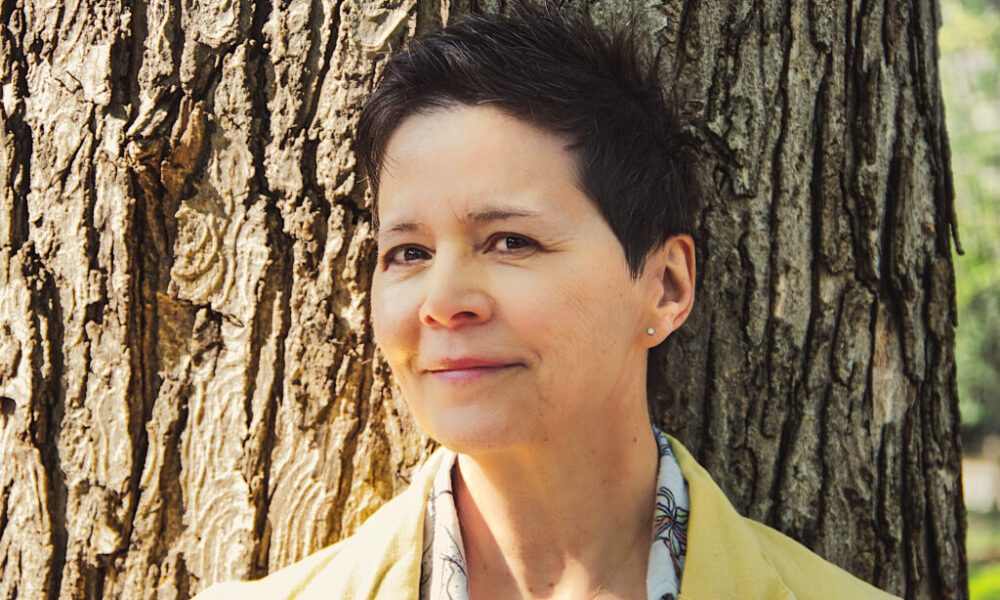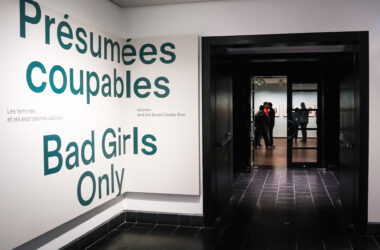Spoilers ahead for Fayne
Award-winning playwright, novelist, actress, and broadcaster Ann-Marie MacDonald has written her “youngest and most joyful” novel to date. Fayne is set in 19th-century Britain and yet entirely modern in feel. The book is a sprawling, ornately detailed, and genre-defying epic that follows the precocious Charlotte Bell as she grows up on a vast, secluded estate on the borderland moors. Her doting father’s will to keep her isolated from society, owing to her mysterious ‘condition,’ wars with her insatiable curiosity.
The McGill Tribune had the chance to speak with MacDonald about her new novel. A condensed version of our conversation follows:
CS: Fayne is an unapologetically long book [736 pages]. What is the magic of a long book for you?
AMM: Well, I prefer the term big. And I love this saying that’s going around: ‘I love big books and I cannot lie’ [….] So with regard to writing a big book, I write the kind of thing that I love, and I know that readers love to get immersed in a long story.
CS: It’s a defiant choice in a media scene that’s dominated by small bites. Do you think we still have the attention span for them?
AMM: This idea that younger people don’t have an attention span, I think it’s ridiculous. I don’t buy it [….] Yes, we can bemoan the kind of attention that’s being fractured and starved and yet lured over and over again in an addictive framework, but it isn’t new [….] It seems like every decade or so, someone announces the death of the book. It’s never true [….] People love stories.
CS: Fayne is full of characters that are both familiar and not. Can you explain the choice to employ ‘tropes’? What do they help you to achieve?
AMM: For me, as a writer, I go: Oh! Here’s my toy box full of literary devices, what could be more fun? It’s the absolute delicious delight of the Victorian novel, that’s what sustains me. And there’s that familiarity, which is so inviting […] and then within that I can introduce all kinds of unnerving and unfamiliar things [….] There’s nothing like a period piece to tell a very contemporary story.
CS: You manage a very faithful rendering of Charlotte’s intersex identity and avoid exoticizing it. What was it like to write from her perspective?
AMM: The late Victorian time is one of extreme categorization, not unlike our own world where divisions among beliefs and identities are becoming so narrow. So it was crucial to say that Charlotte is normal, it’s the world that has a problem [….] I do immersive research and the history of women and gender and bodily non-conforming people in the medical gaze is something that’s very, very important to me. But the spark comes from within me as knowing from a very young age that I was wrong in the world. And the idea of looking through the eyes of somebody who’s born with an intersex trait has been quite compelling to me for a very long time [….] It’s not an exotic quality. That’s why I’ve decided not to treat it as a “spoiler”. That’s just who she is, that’s her body. That’s normal. It’s the world that has a problem and is going to make it a problem for her.
CS: Threaded throughout Fayne are these symbols of ambiguity. Why was it important to engage in the marginal and nameless?
AMM: Because there’s nothing more queer than nature. Nature flourishes at the margins, it favours blurred lines [….] It is wonderful to put names to the world, but if the goal of naming is just to catch things, pin them, and stick a name on them, then you’re killing everything you’re naming.
Ann-Marie MacDonald is first and foremost an entertainer and her loyalties lie with her readers. In her own words: “I just wrote a big book. If you start reading it, you might wanna get lost in the journey.”
Fayne is available in bookstores in print and in audio-book form, read by the author.








